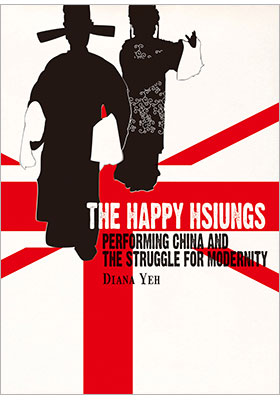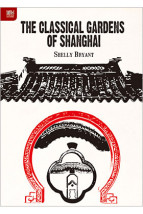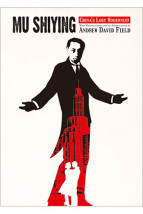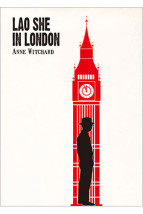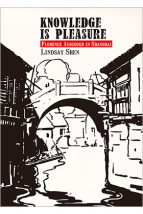The Happy Hsiungs
Performing China and the Struggle for Modernity
(快樂的熊氏伉儷: 表現中國與現代化之奮爭)
ISBN : 978-988-8208-17-3
RAS China in Shanghai
March 2014
224 pages, 5″ x 7″, 6 color and 14 b&w illus.
- HK$120.00
Ebooks
Also Available on
“Try Something Different. Something Really Chinese”
The Happy Hsiungs recovers the lost histories of Shih-I and Dymia Hsiung, two once highly visible, but now largely forgotten Chinese writers in Britain, who sought to represent China and Chineseness to the rest of the world. Shih-I shot to worldwide fame with his play Lady Precious Stream in the 1930s and became known as the first Chinese director to work in the West End and on Broadway. Dymia was the first Chinese woman in Britain to publish a fictional autobiography in English. Diana Yeh traces the Hsiungs’ lives from their childhood in Qing dynasty China and youth amid the radical May Fourth era to Britain and the USA, where they rubbed shoulders with George Bernard Shaw, James M. Barrie, H. G. Wells, Pearl Buck, Lin Yutang, Anna May Wong and Paul Robeson.
In recounting the Hsiungs’ rise to fame, Yeh focuses on the challenges they faced in becoming accepted as modern subjects, as knowledge of China and the Chinese was persistently framed by colonial legacies and Orientalist discourses, which often determined how their works were shaped and understood. She also shows how Shih-I and Dymia, in negotiating acceptance, “performed” not only specific forms of Chineseness but identities that conformed to modern ideals of class, gender and sexuality, defined by the heteronormative nuclear family. Though fêted as ‘The Happy Hsiungs’, their lives ultimately highlight a bitter struggle in attempts to become modern.
“In the 1930s, China became briefly fashionable again, after decades of Fu Manchu-style demonising. This switch coincided with the rise of anti-fascism in the West and a new visibility of Chinese art. In a path-breaking contribution to the study of artistic production by British Chinese, Yeh recovers the Hsiungs’ forgotten history, their role in this new China wave, and their struggle against hostile stereotyping. Shedding light on a history few can have expected, the book shows high narrative skill and the author’s strong empathetic imagination brings everything to life.” —Gregor Benton, author of Chinese Migrants and Internationalism and The Chinese in Britain
“Through the riveting story of a successful couple of British Chinese artists, the Hsiungs, this book contributes to our understanding of the real struggles involved in the acceptance of ‘Chineseness’ not as a fixed identity governed by unchanging tradition (as Western Orientalism would have it), but as a resolutely modern performative invention shaped by a confluence of globally circulating hybrid ideas, concepts and images.” —Ien Ang, author of On Not Speaking Chinese: Living Between Asia and the West
“Thanks to the phenomenal success of his play Lady Precious Stream, Shih-I Hsiung was a household name in the US and UK during the 1930s. Diana Yeh explores the Hsiungs’ role in representing China and Chineseness to the rest of the world forcing us to rethink our vision of the British Chinese as invisible and insular, with little social, cultural or political impact on wider society.” —Anne Witchard, author of Lao She in London and Thomas Burke’s Dark Chinoiserie
“The story of Shih-I and Dymia Hsiung fills a gap in our understanding of the Chinese experience in England—and highlights how very different it is from that in America. Yeh does a remarkable job in unravelling the relationship between the Hsiungs, the couple who landed in London in the 1930s, and the Hsiungs as personas, constructs designed to suit as well as to subvert British tastes for and preconceptions of Chineseness.” —Ronald Egan, Professor of East Asian Languages and Cultures, Stanford University

